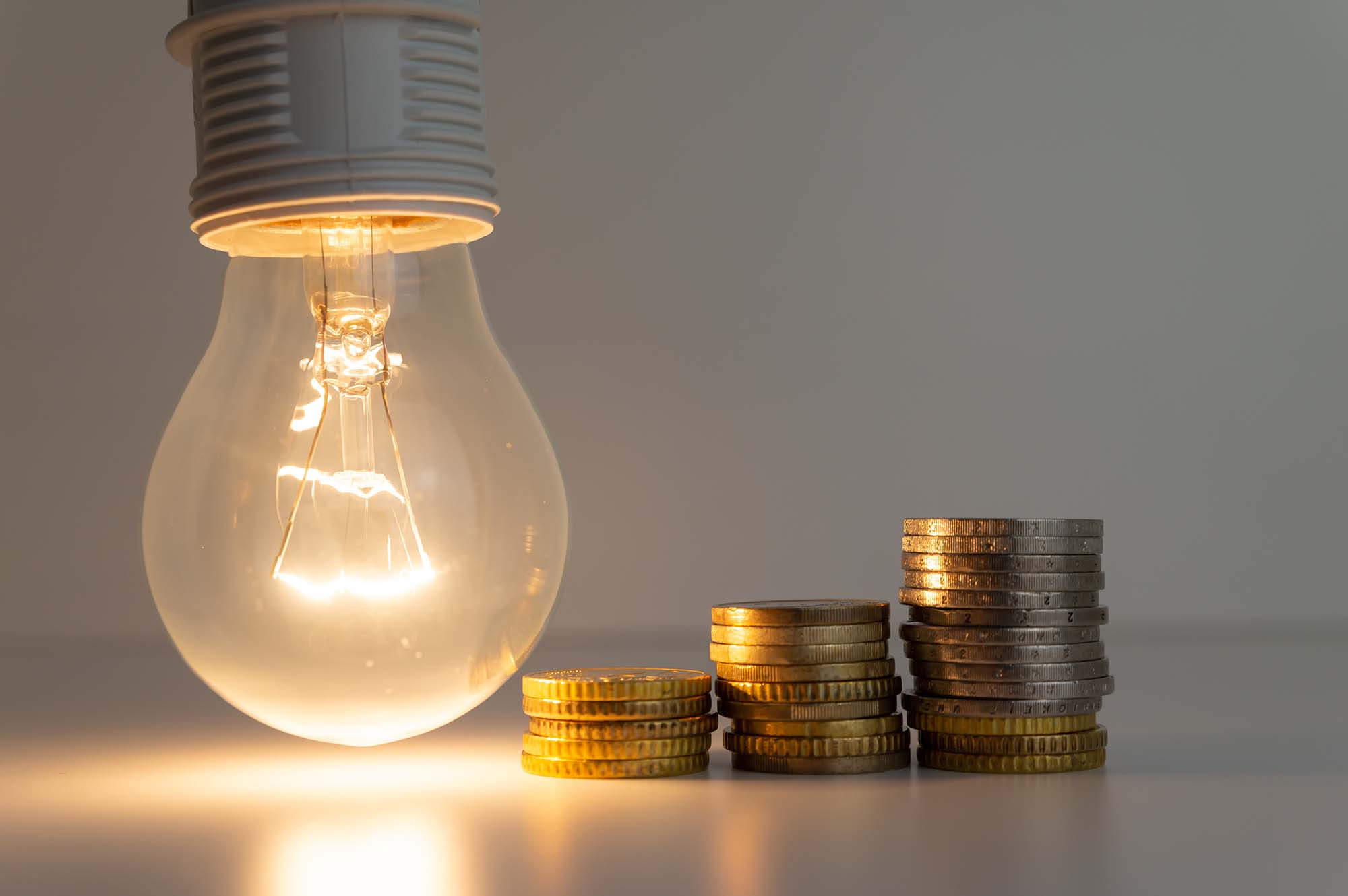LIHEAP
- Home
- LIHEAP

The Low Income Home Energy Assistance Program (LIHEAP) is a federally-funded program that helps low-income households with their energy bills, including heating and cooling costs. LIHEAP provides financial assistance to eligible households to help them pay their energy bills and maintain a safe and healthy home environment.
LIHEAP is administered by the Department of Health and Human Services (HHS) and provides assistance to eligible households in all 50 states, the District of Columbia, and the U.S. territories. The program is designed to help households with the highest energy burdens, which are defined as households that spend a high percentage of their income on energy bills.
The eligibility requirements for LIHEAP vary by state, but generally, households must have an income that is at or below 150% of the federal poverty level to be eligible for assistance. Applicants must also provide documentation of their income, residency, and energy bills.
To apply for LIHEAP, households should contact their state’s LIHEAP office or their local Community Action Agency. Applicants will need to provide information about their income, family size, and energy bills, as well as any documentation required by their state.
Once an application has been submitted, the LIHEAP office will review the application and determine the household’s eligibility for assistance. If the household is approved, LIHEAP benefits will be provided directly to the household’s energy provider to help pay their energy bills.
In addition to financial assistance for energy bills, LIHEAP may also provide other types of assistance to eligible households, such as weatherization services or emergency energy assistance. Weatherization services may include improvements to the household’s insulation, windows, and doors to make their home more energy-efficient and reduce their energy bills over time. Emergency energy assistance may be available to households facing a crisis situation, such as a heating system failure or a shut-off notice from their energy provider.
It’s important for households to apply for LIHEAP as early as possible, as funding for the program is limited and is typically distributed on a first-come, first-served basis. Some states may also have specific application periods, so households should check with their state’s LIHEAP office for information about deadlines and application procedures.
Overall, LIHEAP is an important resource for low-income households who are struggling to pay their energy bills and maintain a safe and healthy home environment. By understanding the eligibility requirements and application process, households can take advantage of the assistance provided by LIHEAP and reduce their energy burden.
This Content Was AI Generated